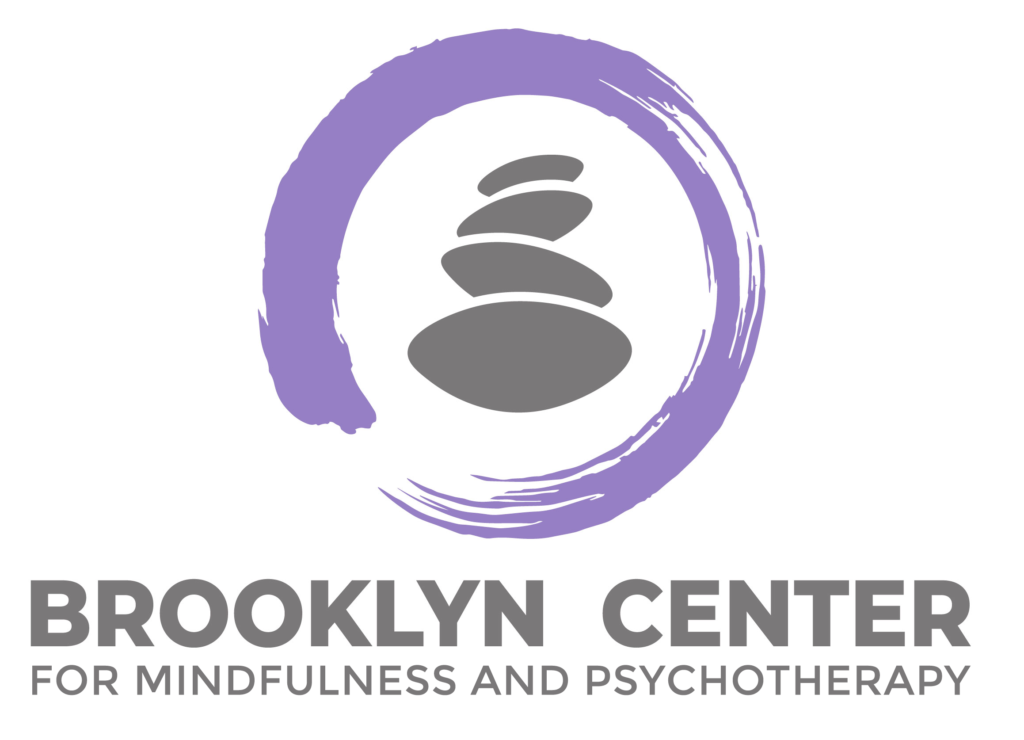Welcome to our blog, where we delve into the profound healing journey from trauma. This article will explore “Healing from Trauma: A Therapist’s Guide to Recovery,” a groundbreaking resource specifically tailored for those seeking recovery in the vibrant city of New York. Join us as we uncover the invaluable insights experienced therapists provide, offering guidance, support, and a pathway toward healing from the deep wounds of trauma. Whether you’re a survivor, a loved one, or a professional in the field, this comprehensive guide will empower you to navigate the complex recovery process and find solace amidst the bustling metropolis.
Understanding Trauma Recovery
Trauma recovery is a complex process that requires specialized support and care. In New York, various resources are available for individuals who have experienced trauma, including therapy, support groups, and other forms of treatment. Trauma-informed care is a critical component of the recovery process, which involves understanding the impact of trauma on an individual’s physical, emotional, and mental well-being. With the right help and guidance, individuals can work through their trauma and begin healing, building resilience, and moving towards a brighter future.
What is Trauma?
Trauma is an emotional response to a distressing event or series of events that exceed one’s coping abilities. It can manifest in different forms, including psychological symptoms such as anxiety, depression, and PTSD (Post-Traumatic Stress Disorder). Trauma can arise from various experiences, such as abuse, natural disasters, accidents, and violent crimes.
New York has witnessed its fair share of traumatic events, from the 9/11 terrorist attacks to the COVID-19 pandemic. The city has developed robust trauma-informed care services to support those impacted by these events. These services include counseling and therapy sessions to promote healing and recovery for individuals struggling with trauma-related symptoms. Additionally, New York-based organizations offer community-based programs that educate people on trauma awareness and ways to mitigate its effects. With these resources available, those affected by trauma in New York can receive the help they need to overcome their challenges and regain control of their lives.
Symptoms of Trauma
Experiencing trauma can have a significant impact on an individual’s physical, emotional, and psychological well-being. While the symptoms of concussion can vary from person to person, here are some common signs and symptoms that individuals in New York, or anywhere else, may exhibit:
Emotional symptoms:
- Intense fear, anxiety, or panic
- Depression or a persistent feeling of sadness
- Irritability, anger, or outbursts of rage
- Feeling emotionally numb or detached from others
- Mood swings or emotional instability
- Difficulty experiencing positive emotions or pleasure
- Overwhelming guilt or shame
Cognitive symptoms:
- Intrusive and distressing memories or flashbacks of the traumatic event
- Nightmares or recurring dreams related to the trauma
- Difficulty concentrating or focusing
- Memory problems or forgetfulness
- Hypervigilance or constantly being on high alert
- Negative thoughts about oneself or the world
- Distorted beliefs about safety, trust, or self-worth
Physical symptoms:
- Insomnia or other sleep disturbances
- Fatigue or low energy levels
- Headaches or migraines
- Gastrointestinal issues, such as stomachaches or nausea
- Increased heart rate or palpitations
- Sweating or trembling
- Muscle tension or aches
Behavioral symptoms:
- Avoidance of people, places, or activities associated with the trauma
- Social withdrawal or isolation
- Hypervigilance and constant scanning of the environment for potential threats
- Substance abuse or reliance on alcohol or drugs
- Changes in appetite or eating patterns
- Self-destructive behaviors or engaging in risky activities
- Difficulty maintaining relationships or feeling detached from loved ones
PTSD and Its Impact on Trauma Recovery
PTSD, or Post-Traumatic Stress Disorder, is a mental health condition that can occur after experiencing or witnessing a traumatic event. In New York City, where trauma from events like 9/11 and natural disasters like Hurricane Sandy are still felt by many, PTSD is prevalent.

Symptoms of PTSD can include flashbacks, nightmares, avoidance behaviors, and hyperarousal. These symptoms can severely impact an individual’s ability to cope with daily life and hinder their recovery from trauma. Treatment options for PTSD in New York include therapy, medication, and support groups. It is essential for individuals struggling with PTSD to seek professional help to manage their symptoms and work towards healing from their trauma.
Stabilization Techniques for Trauma Recovery
Like many other places, New York offers a range of stabilization techniques for trauma recovery. These techniques aim to help individuals cope with and overcome the effects of trauma, providing support and tools for healing. Here are some standard stabilization techniques that may be available in New York:
- Psychotherapy: Various forms of psychotherapy can be effective in trauma recovery. Cognitive Behavioral Therapy (CBT), Eye Movement Desensitization and Reprocessing (EMDR), and Trauma-Focused Cognitive Behavioral Therapy (TF-CBT) are commonly used approaches. Psychotherapy helps individuals process traumatic experiences, manage distressing symptoms, and develop healthy coping strategies.
- Support Groups: Support groups provide a safe space for trauma survivors to share their experiences, emotions, and challenges. Mental health professionals often facilitate these groups and offer peer support, validation, and a sense of community. Many organizations and clinics in New York provide trauma-specific support groups.
- Mindfulness and Meditation: Mindfulness practices, such as meditation, can help individuals develop present-moment awareness and reduce trauma-related anxiety and stress. New York City has various meditation centers, mindfulness workshops, and retreats offering training.
- Art and Expressive Therapies: Art, music, and other expressive therapies can benefit trauma recovery. These creative approaches provide alternative means of expression when words may be challenging to find. New York has numerous art therapy programs and creative arts centers that offer these services.
- Yoga and Body-Based Approaches: Trauma-sensitive yoga and other body-based approaches focus on reconnecting with the body, promoting relaxation, and releasing tension held in the body due to trauma. New York City has several studios and organizations that offer trauma-informed yoga classes.
- Pharmacotherapy: Medications may be prescribed by a psychiatrist or other medical professionals to alleviate symptoms associated with trauma, such as depression, anxiety, or sleep disturbances. Medication can be used in conjunction with different therapeutic approaches to support stabilization.
- Self-Care and Wellness Practices: Engaging in self-care activities, such as maintaining a healthy lifestyle, practicing good sleep hygiene, exercising regularly, and engaging in hobbies or activities that bring joy, can help individuals recover. New York provides ample opportunities for individuals to access wellness resources like fitness centers, parks, and recreational activities.

Therapeutic Approaches for Trauma Recovery
Trauma recovery is a complex process that requires specialized treatment approaches for individuals who have experienced significant emotional or physical harm. In New York, several therapeutic approaches are available to help trauma survivors heal and move forward with their lives.
One of the most widely used therapeutic approaches for trauma recovery is Cognitive Behavioral Therapy (CBT). This type of therapy involves identifying negative thought patterns and behaviors that contribute to the trauma survivor’s distress and working to replace them with more positive ones. CBT can help individuals learn coping skills, manage triggers, and develop healthier relationships with themselves and others.
Another practical approach for trauma recovery is Eye Movement Desensitization and Reprocessing (EMDR). This type of therapy uses bilateral stimulation, such as eye movements or tapping, to help the individual process traumatic memories in a safe and controlled environment. EMDR is particularly effective for individuals who have experienced single-incident traumas, such as car accidents or assaults.
Finally, art therapy can also be an effective tool for trauma recovery. Art therapy encourages individuals to express themselves through various art forms, including painting, drawing, and sculpting. This can help them process difficult emotions nonverbally and access parts of themselves that may be difficult to articulate verbally. Art therapy can also provide a sense of empowerment and control over the healing process.
How Can a Therapist Help in Trauma Recovery?
A therapist can be an invaluable resource for individuals who have experienced trauma. In New York, many trained professionals specialize in trauma recovery and can provide a safe and supportive environment for those seeking help.
Therapists can offer a variety of techniques and approaches to help individuals process their experiences, manage symptoms of post-traumatic stress disorder (PTSD), and develop coping skills to move forward.
One common approach to trauma therapy is cognitive behavioral therapy (CBT), which focuses on identifying negative thought patterns and replacing them with more positive ones. Eye movement desensitization and reprocessing (EMDR) is another technique that involves guided eye movements while recalling traumatic memories to reduce the emotional impact of these experiences. Other therapies may focus on mindfulness, relaxation techniques, or interpersonal relationships. Ultimately, a therapist will work with each individual to develop a personalized treatment plan that meets their unique needs and goals for recovery.
Conclusion
In conclusion, healing from trauma is a journey that requires patience, compassion, and professional guidance. Brooklyn Mindful in New York offers a therapist’s guide to recovery, providing a safe and nurturing environment for individuals seeking healing and transformation. Their experienced therapists understand the complexities of trauma and employ evidence-based techniques to support clients on their path to recovery. Whether you’re looking to address past traumas or seeking tools for ongoing self-care, Brooklyn Mindful is dedicated to empowering individuals to reclaim their lives and find inner peace. Contact them today and take the first step towards healing and a brighter future.






